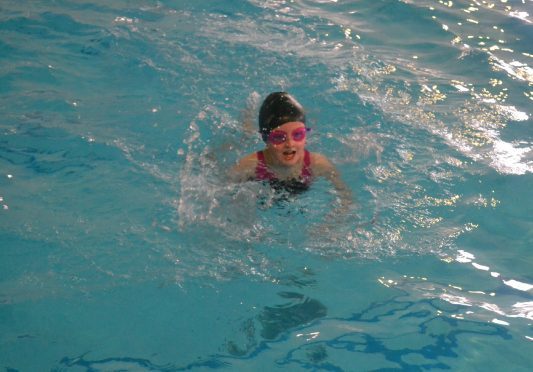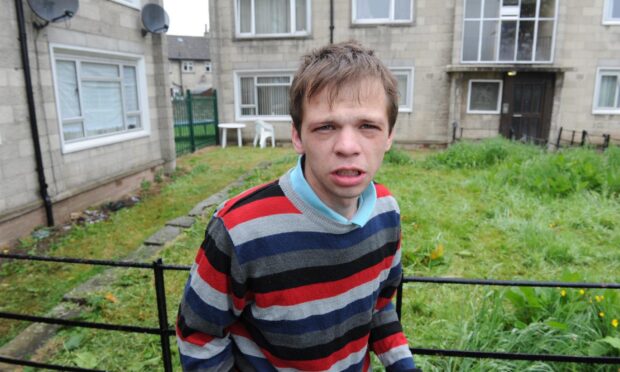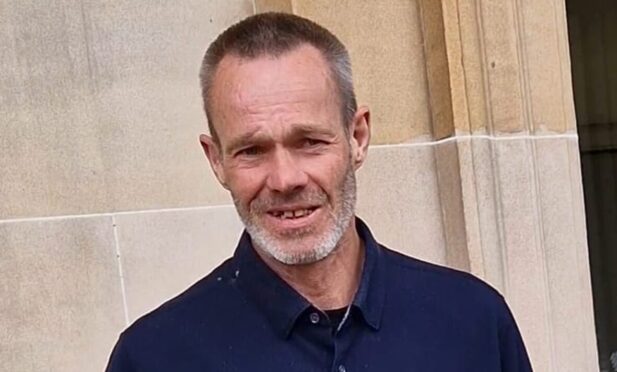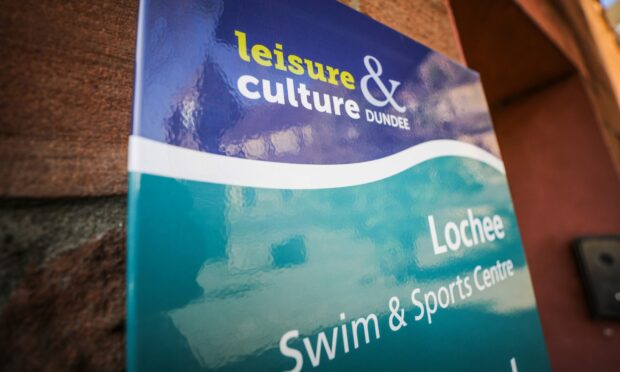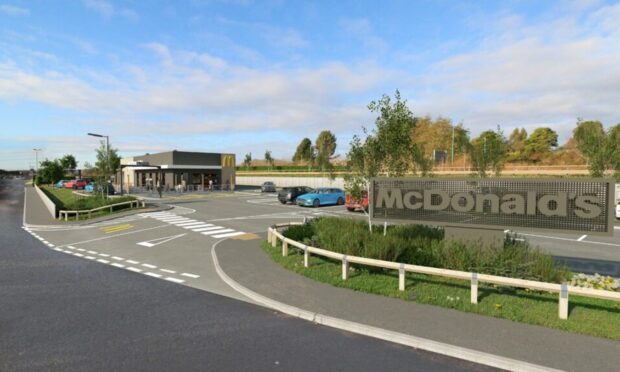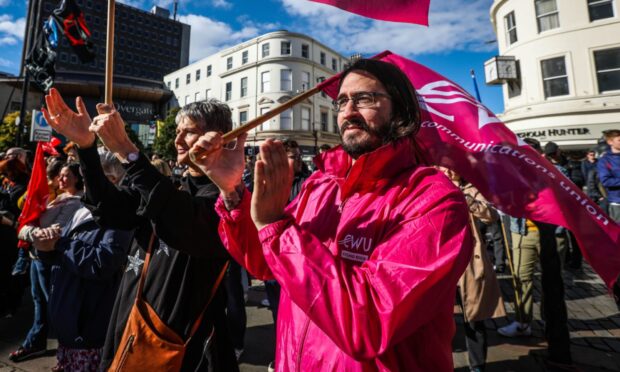First Minister Nicola Sturgeon decided to get tough on obesity this week by announcing plans to ban two-for-one deals on takeaway pizzas.
The announcement, which came after a meeting with TV chef Jamie Oliver, went down about as well as a tuna and pineapple pizza.
To paraphrase Ron Burgundy, perhaps the towering figure of 20th century journalism, if anyone managed to eat two large Dominos pizzas in a single sitting, you wouldn’t be angry, you’d be amazed.
The First Minister was right to say pizza is unhealthy but wrong to single it out for blame for the growing waistbands of many Scots.
It is, first of all, an expensive meal, which is why two-for-one deals are so popular – they let people get a treat, albeit an unhealthy one, for the family at a more affordable price than is otherwise possible.
The announcement seemed like policy-on-the-hoof and, uncharacteristically, made the First Minister seem wholly out of touch.
While well-paid politicians at Holyrood are unlikely to notice if the price of their favourite takeaway increases, those with less money to throw around, certainly will. As George Orwell, the 20th century’s other journalist of note, said: “The less money you have, the less inclined you feel to spend it on wholesome food”.
Ms Sturgeon is right, however, to recognise action needs taken to address rising levels of obesity.
This is a worldwide problem, not just a Scottish one and the easy availability of junk food – both in terms of volume and price – certainly plays a part.
But I’m not sure making some foods more expensive is really the answer, particularly not if the Scottish Government seriously wants to halve child obesity levels by 2030.
Encouraging people to adopt a more varied diet and to exercise more seems, to me at least, like it will have more long-term benefits that politicians saying what we can or cannot eat.
All of which makes Dundee City Council’s decision to axe swimming lessons for primary school pupils more bizarre.
At a time when the Scottish Government is announcing ambitious plans to make the country’s children healthier, the local authority is stopping many young people from learning one of the best forms of exercise available – and one that can definitely be categorised as a potential lifesaver.
Scrapping lessons also means those from poorer backgrounds are less likely to learn to swim than those from more affluent backgrounds.
It is no doubt logistically difficult, and expensive, to get pupils to and from the pool for swimming lessons.
But there are few who would argue this is not time and money well spent.
